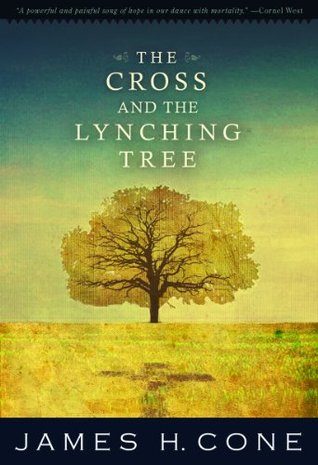“A significant number of female lynchings were not suspected of any crime,” writes historian Patrick J. Huber. “These ‘collateral victims’ died in place of an intended male target, such as a father, son, or brother, who had eluded the grasp of a frustrated mob.”[7] But as Crystal Nicole Feimster has noted in her important study “Ladies and Lynching,” “The evidence . . . reveals that less than 10 black women were lynched solely for their connection or relationship with black men.”[8] The great majority of black women became “strange and bitter crop” because they courageously challenged white
...more
Welcome back. Just a moment while we sign you in to your Goodreads account.


